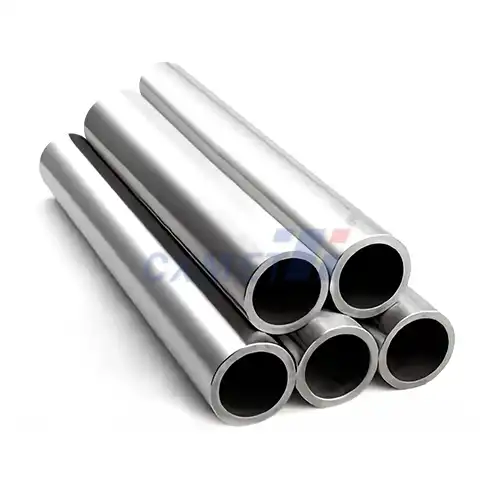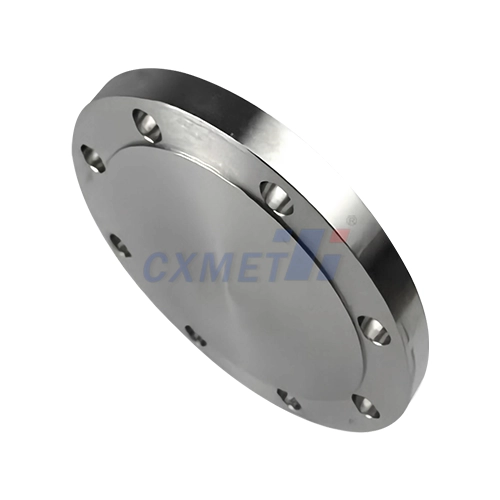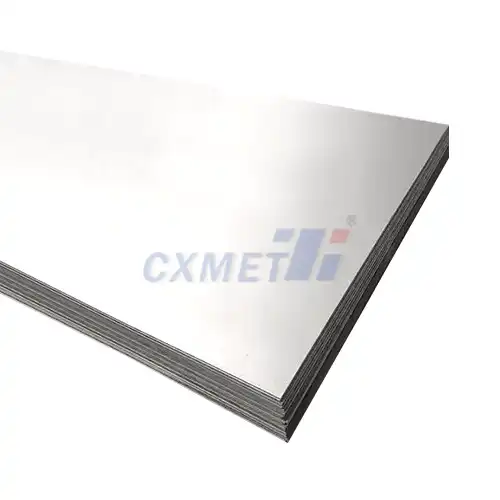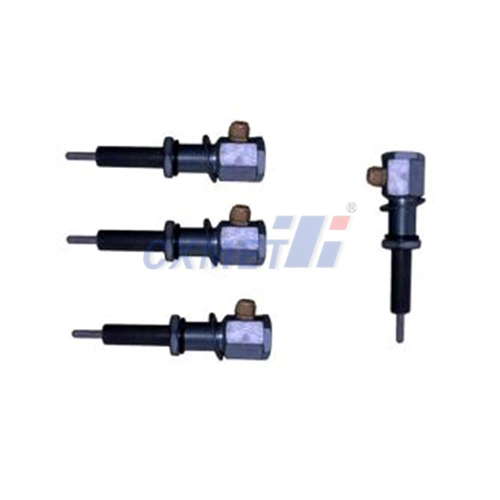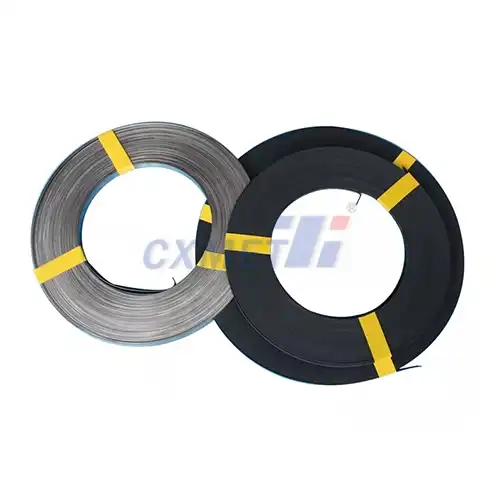- English
- French
- German
- Portuguese
- Spanish
- Russian
- Japanese
- Korean
- Arabic
- Greek
- German
- Turkish
- Italian
- Danish
- Romanian
- Indonesian
- Czech
- Afrikaans
- Swedish
- Polish
- Basque
- Catalan
- Esperanto
- Hindi
- Lao
- Albanian
- Amharic
- Armenian
- Azerbaijani
- Belarusian
- Bengali
- Bosnian
- Bulgarian
- Cebuano
- Chichewa
- Corsican
- Croatian
- Dutch
- Estonian
- Filipino
- Finnish
- Frisian
- Galician
- Georgian
- Gujarati
- Haitian
- Hausa
- Hawaiian
- Hebrew
- Hmong
- Hungarian
- Icelandic
- Igbo
- Javanese
- Kannada
- Kazakh
- Khmer
- Kurdish
- Kyrgyz
- Latin
- Latvian
- Lithuanian
- Luxembou..
- Macedonian
- Malagasy
- Malay
- Malayalam
- Maltese
- Maori
- Marathi
- Mongolian
- Burmese
- Nepali
- Norwegian
- Pashto
- Persian
- Punjabi
- Serbian
- Sesotho
- Sinhala
- Slovak
- Slovenian
- Somali
- Samoan
- Scots Gaelic
- Shona
- Sindhi
- Sundanese
- Swahili
- Tajik
- Tamil
- Telugu
- Thai
- Ukrainian
- Urdu
- Uzbek
- Vietnamese
- Welsh
- Xhosa
- Yiddish
- Yoruba
- Zulu
How Does the Supplier Ensure the Quality and Reliability of the Nitinol Bar Stock?
2024-08-15 17:56:14
Nitinol bar stock is a crucial material in various industries, including medical devices, aerospace, and automotive. Ensuring its quality and reliability is paramount for suppliers to meet the demanding requirements of their customers. This blog post explores the methods and processes that suppliers employ to guarantee the excellence of Nitinol bar stock, addressing key aspects of quality control, manufacturing precision, and reliability assurance.
What are the key properties of Nitinol that make it valuable for various applications?
Nitinol, an alloy of nickel and titanium, possesses a unique set of properties that make it highly valuable across multiple industries. Its most notable characteristic is its shape memory effect, which allows the material to return to a predetermined shape when heated above its transformation temperature. This property is particularly useful in medical devices, such as stents and orthodontic wires, where controlled shape changes are essential for functionality.
Another crucial property of Nitinol is its superelasticity, also known as pseudoelasticity. This allows the material to undergo large deformations without permanent damage, returning to its original shape upon unloading. This characteristic is particularly beneficial in applications requiring flexibility and resilience, such as eyeglass frames and cell phone antennas.
Nitinol also exhibits excellent biocompatibility, making it ideal for use in medical implants and devices. Its corrosion resistance is superior to many other metallic materials, ensuring longevity in harsh environments. Additionally, Nitinol demonstrates high fatigue resistance, allowing it to withstand repeated stress cycles without failure.
The unique combination of these properties makes Nitinol an invaluable material in various fields. In the medical industry, it is used in minimally invasive surgical tools, cardiovascular stents, and orthopedic implants. The aerospace sector utilizes Nitinol in actuators and vibration damping systems, while the automotive industry incorporates it into safety devices and engine components.
To ensure the quality and reliability of Nitinol bar stock, suppliers must carefully control the material composition and processing parameters. The exact ratio of nickel to titanium is critical in determining the alloy's transformation temperature and mechanical properties. Suppliers use precise melting and alloying techniques to achieve the desired composition, often employing vacuum induction melting or vacuum arc remelting to minimize impurities.
The subsequent thermomechanical processing of the Nitinol ingot into bar stock is equally important. Suppliers utilize specialized hot working and cold working techniques to refine the microstructure and enhance the material's properties. Heat treatments are carefully controlled to set the desired shape memory and superelastic characteristics.
How do suppliers implement quality control measures during Nitinol bar stock production?
Quality control is a critical aspect of Nitinol bar stock production, ensuring that the material meets the stringent requirements of various applications. Suppliers implement a comprehensive set of measures throughout the manufacturing process to maintain consistent quality and reliability.
The quality control process begins with raw material selection and inspection. Suppliers carefully source high-purity nickel and titanium, conducting thorough checks on chemical composition and potential contaminants. This initial step is crucial in preventing impurities that could compromise the alloy's performance.
During the melting and alloying stage, suppliers employ advanced techniques such as vacuum induction melting (VIM) or vacuum arc remelting (VAR) to achieve precise composition control. These methods help minimize oxygen, carbon, and other impurity levels that can affect the material's properties. In-process monitoring of melt parameters, including temperature and pressure, ensures consistency across production batches.
As the Nitinol ingot is processed into bar stock, suppliers implement rigorous quality checks at each stage. This includes dimensional inspections to verify size and shape tolerances, as well as surface inspections to detect any defects or inconsistencies. Non-destructive testing methods, such as ultrasonic testing and eddy current testing, are often employed to identify internal flaws or inhomogeneities in the material.
Mechanical testing is a crucial component of quality control for Nitinol bar stock. Suppliers conduct tensile tests to verify strength and elongation properties, as well as fatigue tests to assess the material's durability under cyclic loading. Differential scanning calorimetry (DSC) is used to determine transformation temperatures and confirm the shape memory behavior of the alloy.
Chemical analysis is performed at various stages of production to ensure the correct composition is maintained. Techniques such as X-ray fluorescence (XRF) spectroscopy or inductively coupled plasma (ICP) analysis are used to verify nickel and titanium content, as well as to detect any trace elements that may affect performance.
Suppliers also implement statistical process control (SPC) methods to monitor and control variability in the production process. This approach allows for early detection of trends or deviations that could impact quality, enabling timely corrective actions.
Documentation and traceability are essential aspects of quality control. Suppliers maintain detailed records of raw materials, processing parameters, and test results for each batch of Nitinol bar stock. This information not only supports quality assurance but also aids in troubleshooting and continuous improvement efforts.
To ensure the reliability of their quality control measures, many suppliers seek accreditation to international standards such as ISO 9001 or AS9100. These certifications demonstrate a commitment to quality management systems and provide customers with confidence in the supplier's processes.
What certifications and standards are important for Nitinol bar stock suppliers to meet?
Certifications and standards play a crucial role in demonstrating the quality and reliability of Nitinol bar stock. Suppliers who adhere to these rigorous requirements instill confidence in their customers and ensure that their products meet the necessary specifications for various applications.
One of the most important certifications for Nitinol bar stock suppliers is ISO 9001. This internationally recognized standard focuses on quality management systems and ensures that organizations have robust processes in place to consistently meet customer and regulatory requirements. For suppliers serving the medical device industry, ISO 13485 certification is particularly relevant. This standard provides additional requirements specific to medical device quality management systems, addressing aspects such as risk management and traceability.
For suppliers catering to the aerospace industry, AS9100 certification is often required. This standard builds upon ISO 9001 and includes additional requirements specific to the aviation, space, and defense sectors. It addresses factors such as configuration management, product safety, and counterfeit part prevention.
In addition to management system certifications, suppliers must often meet specific material standards. ASTM F2063 is a key standard for wrought nickel-titanium shape memory alloys for medical device and surgical implant applications. This standard outlines requirements for chemical composition, mechanical properties, and testing methods for Nitinol used in medical devices.
For aerospace applications, AMS 4971 is an important specification for Nitinol bar and wire. This standard, published by SAE International, provides requirements for composition, condition, heat treatment, and mechanical properties of Nitinol for aerospace use.
Suppliers may also need to comply with regulatory standards depending on the end-use of their Nitinol bar stock. For instance, if the material is intended for use in medical devices, suppliers must adhere to FDA regulations in the United States or CE marking requirements in the European Union. This often involves maintaining a quality system that complies with 21 CFR Part 820 (FDA Quality System Regulation) or EU MDR (Medical Device Regulation).
Environmental and ethical considerations are becoming increasingly important in the supply chain. Suppliers may seek certifications such as ISO 14001 for environmental management or adhere to conflict mineral regulations to demonstrate their commitment to sustainability and responsible sourcing.
To meet these certifications and standards, suppliers must implement comprehensive quality management systems, conduct regular internal and external audits, and continuously improve their processes. They must maintain detailed documentation of their production processes, quality control measures, and test results to demonstrate compliance.
Suppliers often work closely with certification bodies and regulatory agencies to ensure ongoing compliance. This may involve periodic audits, submission of test data, and participation in industry working groups to stay current with evolving standards and best practices.
By meeting these certifications and standards, Nitinol bar stock suppliers demonstrate their commitment to quality, reliability, and safety. This not only helps them meet customer requirements but also positions them as trusted partners in critical industries such as medical devices, aerospace, and automotive.
In conclusion, ensuring the quality and reliability of Nitinol bar stock is a multifaceted process that requires careful attention to material properties, rigorous quality control measures, and adherence to relevant certifications and standards. Suppliers who excel in these areas are well-positioned to meet the demanding requirements of various industries and contribute to the advancement of Nitinol-based technologies.
At SHAANXI CXMET TECHNOLOGY CO., LTD, we take pride in our extensive product range, which caters to diverse customer needs. Our company is equipped with outstanding production and processing capabilities, ensuring the high quality and precision of our products. We are committed to innovation and continuously strive to develop new products, keeping us at the forefront of our industry. With leading technological development capabilities, we are able to adapt and evolve in a rapidly changing market. Furthermore, we offer customized solutions to meet the specific requirements of our clients. If you are interested in our products or wish to learn more about the intricate details of our offerings, please do not hesitate to contact us at sales@cxmet.com. Our team is always ready to assist you.
References:
1. Pelton, A. R., Stockel, D., & Duerig, T. W. (2000). Medical uses of nitinol. Materials Science Forum, 327, 63-70.
2. Otsuka, K., & Wayman, C. M. (Eds.). (1999). Shape memory materials. Cambridge university press.
3. Mohd Jani, J., Leary, M., Subic, A., & Gibson, M. A. (2014). A review of shape memory alloy research, applications and opportunities. Materials & Design, 56, 1078-1113.
4. Elahinia, M. H., Hashemi, M., Tabesh, M., & Bhaduri, S. B. (2012). Manufacturing and processing of NiTi implants: A review. Progress in materials science, 57(5), 911-946.
5. ASTM International. (2020). ASTM F2063-18 Standard Specification for Wrought Nickel-Titanium Shape Memory Alloys for Medical Devices and Surgical Implants.
6. SAE International. (2017). AMS4971 Nickel Alloy, Corrosion and Heat-Resistant, Wire 54.5Ni-45.5Ti.
7. International Organization for Standardization. (2015). ISO 9001:2015 Quality management systems — Requirements.
8. International Organization for Standardization. (2016). ISO 13485:2016 Medical devices — Quality management systems — Requirements for regulatory purposes.
9. SAE International. (2016). AS9100D Quality Management Systems - Requirements for Aviation, Space, and Defense Organizations.
10. U.S. Food and Drug Administration. (2021). 21 CFR Part 820 - Quality System Regulation.
